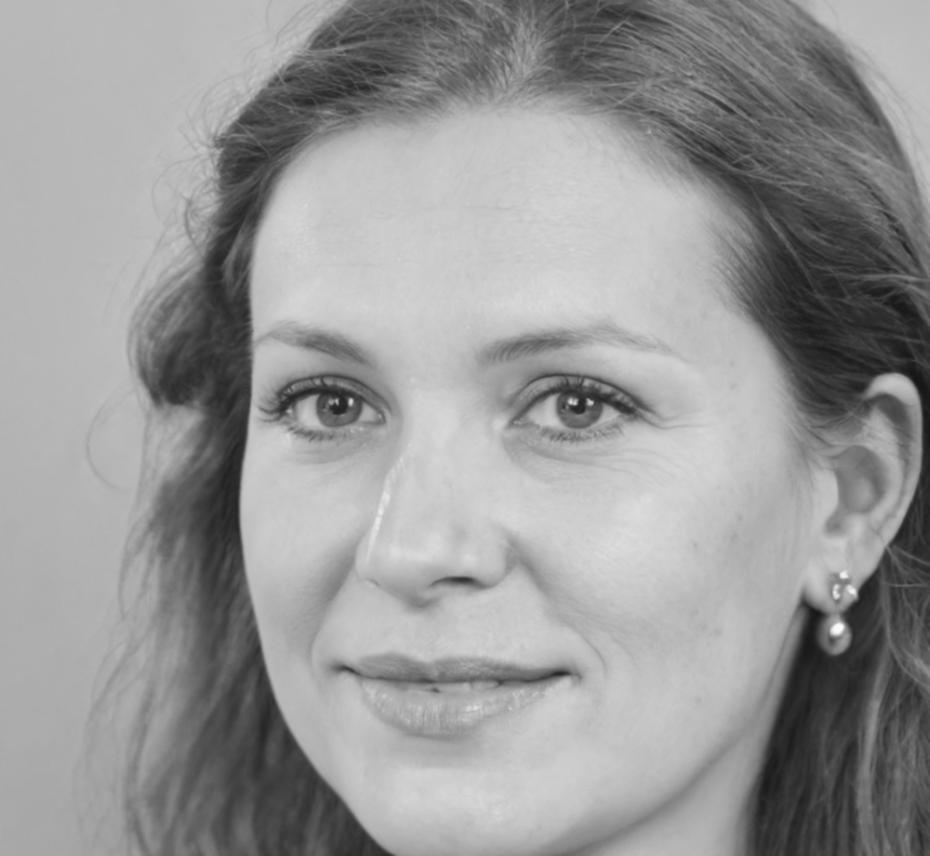3D Game Level Design Program
Transform your creative vision into immersive gaming worlds through our comprehensive level design program. Learn from industry professionals and master the tools that power today's most captivating games.
Apply NowProgram Structure
Module 1: Foundations of Level Design
Begin your journey by understanding the core principles that make game levels engaging and fun. We'll explore both theory and practical applications that form the backbone of professional level design.
- Design theory and spatial storytelling
- Player psychology and flow states
- Composition and visual language
- Level layout fundamentals and blockouts
- Introduction to industry-standard tools
Module 2: Environment Creation & Aesthetics
Dive into the artistic side of level design, where you'll learn to craft beautiful, meaningful environments that tell stories and guide players through emotional experiences.
- Environmental storytelling techniques
- Lighting fundamentals and mood setting
- Texture creation and material design
- Props and set dressing
- Audio integration and sound design basics
Module 3: Technical Implementation
Master the technical aspects of bringing your levels to life. This module bridges artistic vision with practical execution, teaching you how game engines work and how to optimize your creations.
- Game engine fundamentals (Unreal Engine & Unity)
- Performance optimization techniques
- Visual scripting and basic gameplay programming
- Real-time rendering principles
- Testing and iterative design processes
Module 4: Portfolio Development
Put your skills into practice by developing a standout portfolio piece that showcases your unique voice as a level designer. You'll receive personalized mentorship and feedback from industry professionals.
- Conceptualizing your showcase level
- Pre-production and planning
- Full production pipeline experience
- Portfolio presentation strategies
- Industry networking and job preparation
Learn From Industry Experts

With over 12 years of experience at major studios including Ubisoft and Arkane, Thomas brings real-world expertise to the classroom. He's shaped environments for several AAA titles and loves exploring the intersection of narrative and spatial design. His approach combines technical precision with artistic vision—something I've found makes his classes uniquely practical.

Marie bridges the gap between artistic vision and technical execution. Her background in both fine arts and computer science gives her a unique perspective on game environments. She's particularly passionate about lighting and optimization—two areas that can make or break a level's atmosphere. Students love her hands-on workshops that tackle real production challenges.

As an award-winning environmental artist, Sophie brings a wealth of knowledge about creating memorable game spaces. Having worked on several indie darlings and a few bigger titles, she specializes in environmental storytelling and creating spaces that guide players without obvious signposting. Her critique sessions are legendary—tough but transformative for developing designers.
Program Benefits
Industry-Relevant Skills
We've built our curriculum around what studios actually need. Every technique and tool we teach is currently used in professional game development. This isn't just about theory—you'll master practical skills that translate directly to the workplace.
Personalized Mentorship
With small class sizes and dedicated mentors, you'll receive individual guidance tailored to your goals and learning style. Our instructors don't just teach—they invest in your growth as a designer. I've seen students completely transform their work after just a few focused mentoring sessions.
Portfolio Development
Graduate with a polished, professional-quality level design that demonstrates your skills to potential employers. We'll help you create work that stands out in a competitive industry and showcases your unique design voice. Your final project will receive critique from working professionals.
Industry Connections
Tap into our network of studio partners and industry relationships. We regularly host studio visits, guest lectures, and networking events. Many of our students find job opportunities through connections made during the program—it's not just about what you know, but who you meet.